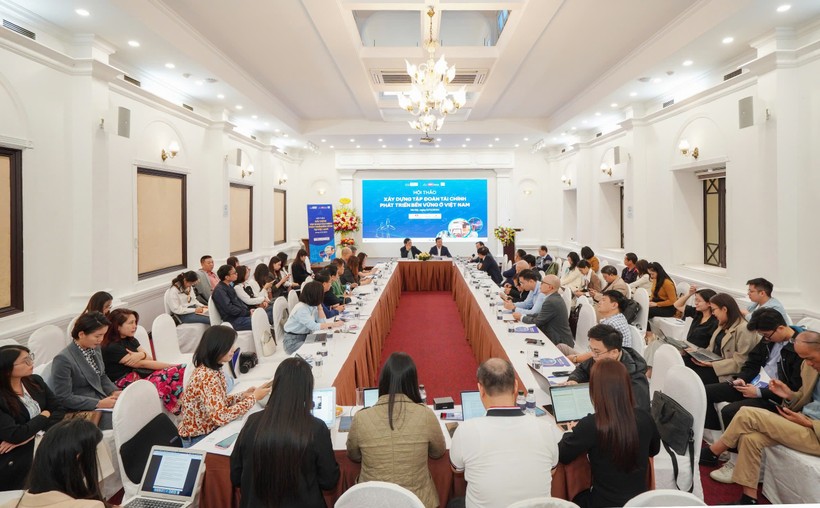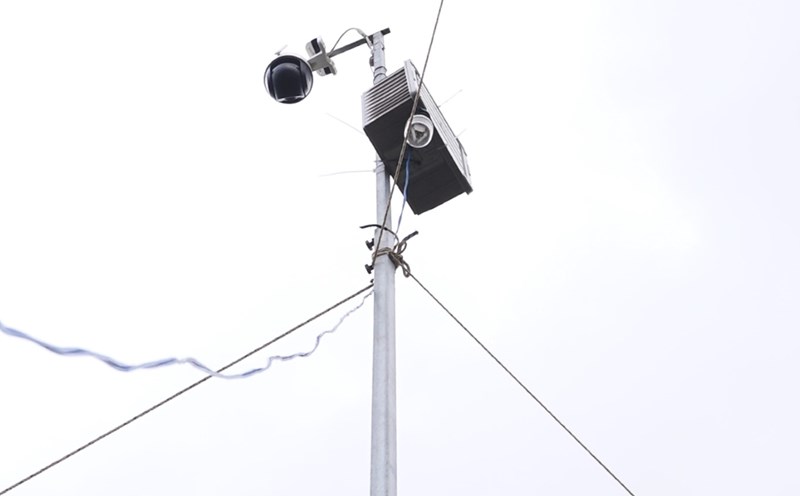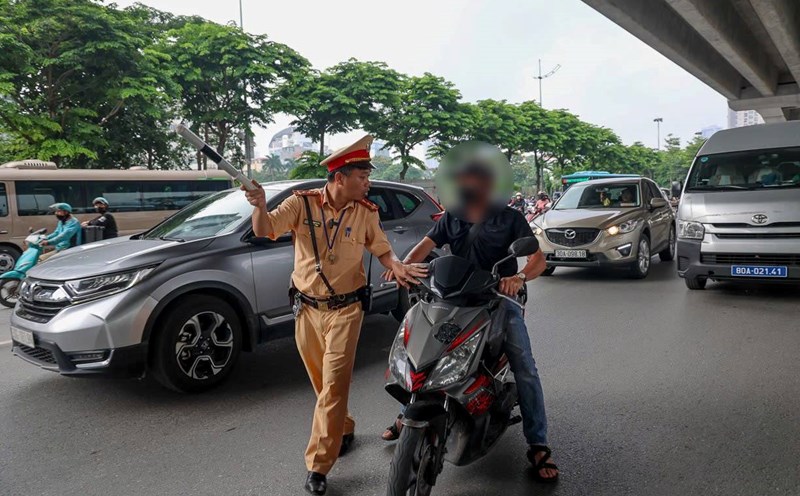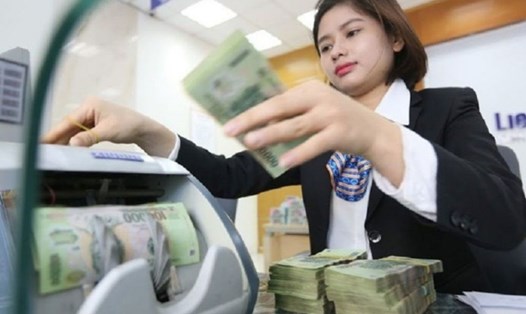The shareholding ratio in commercial banks is one of the key issues to ensure transparency and avoid financial market manipulation. However, reality shows that many organizations and individuals still find ways to overcome these limits using many sophisticated tricks.
At the workshop “Building sustainable financial corporations in Vietnam” held on December 5, Dr. Le Xuan Nghia frankly pointed out that the situation of ownership exceeding the ceiling is still common.
According to current regulations, the maximum ownership ratio for individuals is 15%, and for organizations is 20%, but in reality, banks still "circumvent the law" by asking relatives or employees to stand in their names. This creates a complex ecosystem of cross-ownership, causing great difficulties in management.

Dr. Nghia stated that the core issue lies in transparency in the system. He suggested that management agencies should focus on verifying the source of capital contributions, because this is the only way to ensure that ownership ratios truly reflect the rights and responsibilities of each shareholder.
Lawyer Nguyen Thanh Ha also agreed that circumventing the law through backyard companies is becoming a big challenge. He emphasized: “It is necessary to investigate the cash flow of people with large sums of money invested in banks. Otherwise, this situation will continue to destabilize the financial market."
In addition, inspection and supervision work also needs to be strongly reformed. According to Dr. Nguyen Tri Hieu, authorities need to apply stricter sanctions, such as revoking operating licenses for banks that repeatedly violate ownership regulations. He emphasized: "Just strictly handling a few typical cases, the whole system will have to change."
The problem of exceeding the ownership ceiling not only requires strictness in the legal framework but also requires self-awareness from banks and shareholders. Without drastic steps, the situation of legal evasion and cross-ownership will continue to be a major bottleneck in the Vietnamese banking system.








